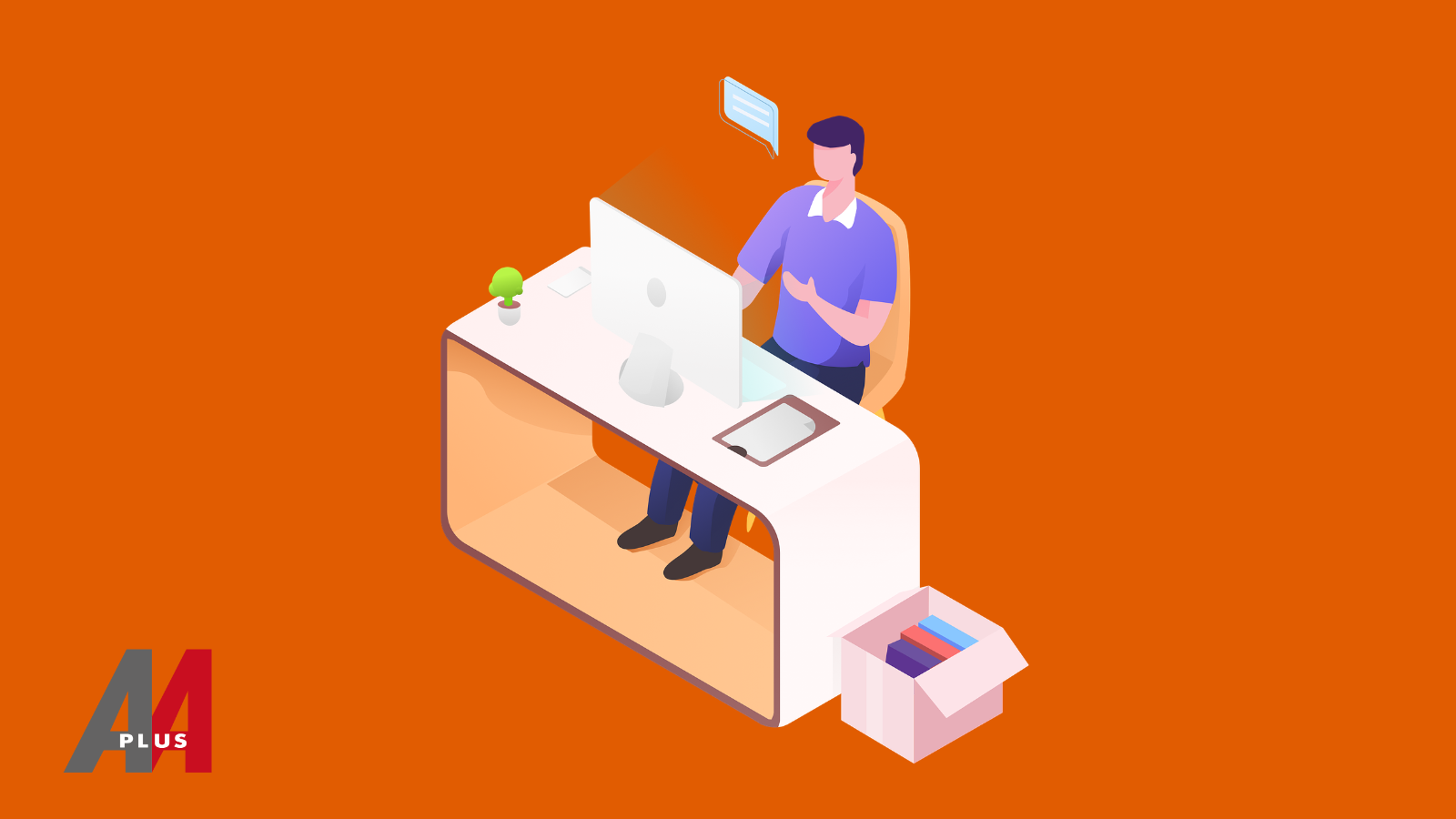Digital and connected health devices and services are changing how we interact with HCPs accross the board, and in recent years we have seen a push from the healthcare industry to reconnect doctors with patients. Which tools could help to better align the needs of patients as well as those of their physicians? Online health services offer GPs the chance to interact in a new way with patients.
A market research study conducted by AplusA in 2018 asked 150 GPs in the UK and 194 GPs in France about their relationship to new and digital technologies. It determined that we can categorize GP's relationship to digital technology into three main groups. The Low User group (32% of GPs interviewed) don't believe new technologies will affect their practice significantly. The Followers group (32% of the interviewed GPs) are interested in digital developments but are not proactive users of new tech. Finally, there are the High Users (33% of GPs interviewed) who use digital technology the most among their colleagues.
More information about the Low User group and High User groups can be found in the following posts:

Doctors Categorized as Digital Followers
Around a third of the interviewed GPs were identified as Followers or average users of new technology. They are generally interested in new digital tools but are not proactive in their use of them. This group is 56% male and 71% are aged 45 or older. Moreover, they have been in practice for 21 years on average, and see an average of 157 patients per week.
- Interested but not proactive users
- Majority male: 56% vs 44%
- 71% over 45 years old
- In practice for 21 years on average
- Seeing an average of 157 patients a week
Insights from the GPs in this group that could be helped with digital tools:
- 98% think that patients often changing their GP’s can have a negative impact on their practice
- 93% think patient’s population getting older have a negative impact on their practice
Services Offered by GPs in the Follower Group
This group of doctors use new technology slightly more than the Low User group but still mainly only use smartphones and tablets, both personally and professionally. 100% of respondants in this group in the UK and France identified as generally interested in new technology and try to keep themselves informed.
The study showed that 40% of the GPs interested in technology personally offer phone consultations to their patients, but this percentage is lower in France.
Online consultation is usually not available with GPs in this group in both countries. Although GPs are interested in digital tech they are not proactively using digital services, which could be due to limited availability of these services.
More online services are available in the UK than in France. For example, in the UK 93% of GP practices offer patients the ability to book appointments online and 96% offer to order repeat prescriptions online.
Expected Future usages of Digital Technologies
In the UK, 61% of GPs in this group rated the possibility for patients to book appointments online as positive and 88% felt positively about ordering repeat prescriptions online.
In France, 83% of GPs categorized as Followers stated that online appointment booking has a positive impact, 70% felt positively about ordering repeat prescriptions online and 65% about online access to medical records.
Want to learn more about the opinions and behaviours of all three groups of doctors? Access the full study presentation here:

If you are looking for more information on this study without accessing the full presentation, try this blog post first:
Which Digital Devices do Doctors use Professionally vs Personally in France and the UK?
Sources:
A plus A